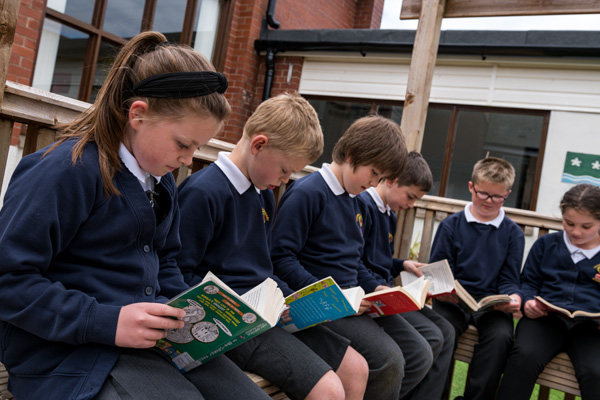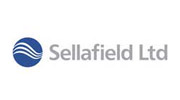
“We learn about how the world has changed over time and how this has shaped life today.”
Intent
At Thornhill Primary School, we provide an engaging, broad, balanced and differentiated curriculum; ensuring the progressive development of historical concepts, knowledge and skills.
We make use of our rich local history to build chronological understanding to develop concepts of change and causation within their units of work and where they fit into our understanding of history today. Our children critically examine primary and secondary sources of evidence looking for patterns, differences and trends. They will ask and answer questions about the past and significant events as well as recognising abstract terms which interlink throughout the historic periods.
History Curriculum Overview
Implementation
To ensure high standards of teaching and learning in history, we implement a curriculum that is progressive throughout the whole school. Kapow’s History scheme has a clear progression of skills and knowledge and follows the following key strands Substantive (topic knowledge, chronological awareness and substantive concepts) and disciplinary (historical enquiry and disciplinary concepts). Together these build the pupils historical knowledge.
Chronology is a key focus and over time children will start to build a “mental timeline” that they can refer to throughout their learning in key stage 2 and beyond.
The curriculum is a spiral model where previous skills and knowledge are returned to and built upon.
Units are organised around an enquiry-based question and children are encouraged to follow the enquiry cycle (Question, Investigate, Interpret, Evaluate and conclude)
Lessons are varied, engaging and hands-on and a wide range of activities develop knowledge and understanding of Britain’s role in the past and that of the wider world. Adaptive teaching techniques are used to ensure all pupils can access learning, and opportunities to stretch pupils’ learning are available when required. Knowledge organisers for each unit support pupils in building a foundation of factual knowledge by encouraging recall of key facts and vocabulary
Impact
Impact is constantly monitored through both formative and summative assessment opportunities. We strive to ensure children are learning more and remembering more. We place a large emphasis on retrieval practice and this takes many forms. The impact is measured through (but not limited to) the following:
- Assessing children’s understanding of topic linked vocabulary before and after the unit is taught.
- Deep dives into the subject covering book looks, pupil voice, observations
- Looking at work produced by our children
- Marking of written work in books.
- Evidence of and effectiveness of working wall displays.
- End of topic assessments
- Low stakes quizzes
Pupils should leave school equipped with a range of skills and knowledge to enable them to study history with confidence at Key stage 3.
Historical skills
Pupils will be exposed to a range of skills a “Historian” uses in each topic that they study. Over time they will become more confident and independent in using these skills. We teach children to understand how events in the past have influenced our lives today; we also teach the children to investigate these past events and, by so doing, develop the skills of sequencing, enquiry, analysis, interpretation and problem solving.
Enrichment
Our teaching of history is enriched wherever possible through a variety of activities such as visits to local places of significance, Remembrance Day activities, guest speakers and taking opportunities presented through local partnerships such as the Primary Business Partnership that link to our history curriculum.
Click here to view EYFS framework









